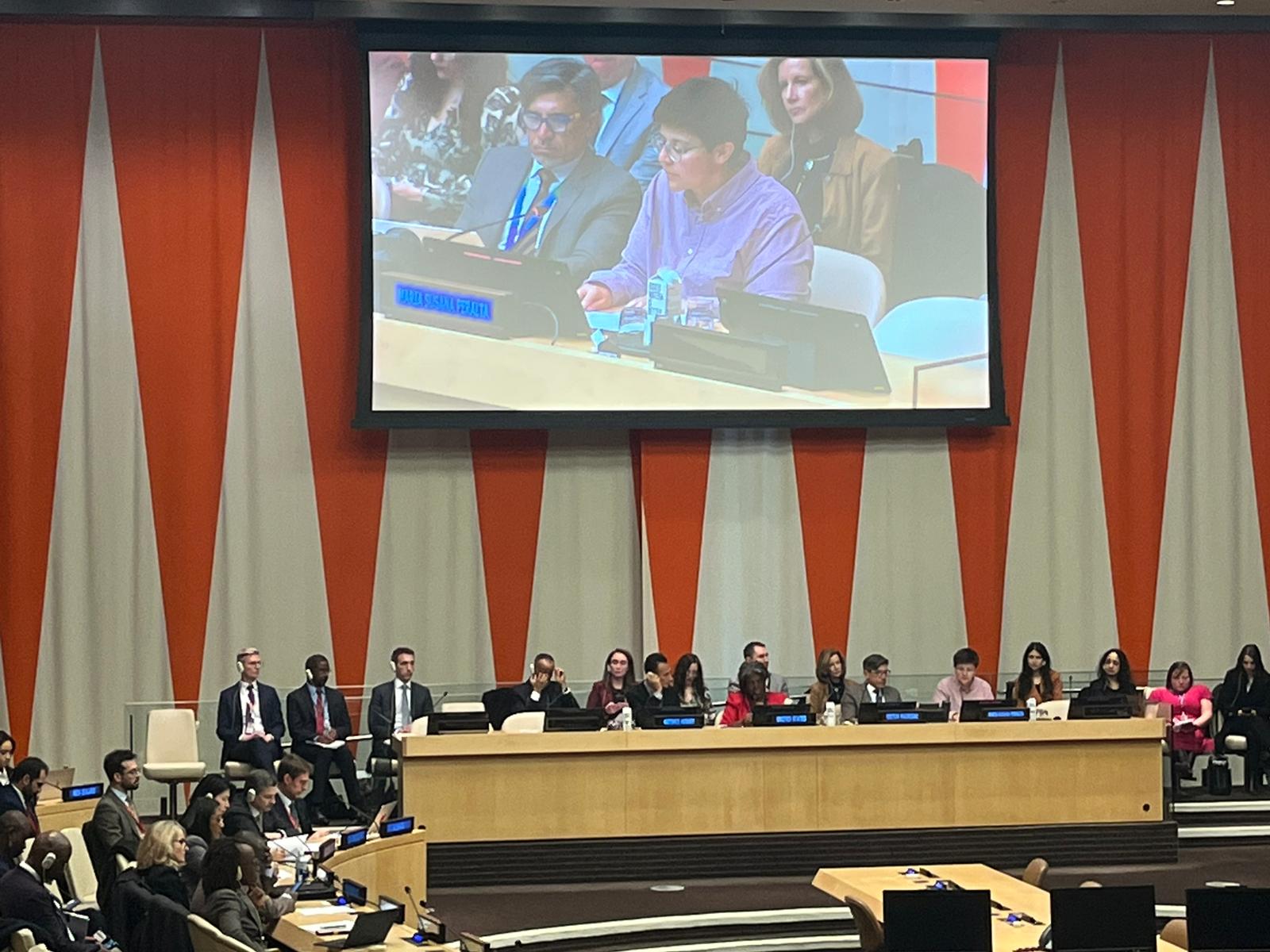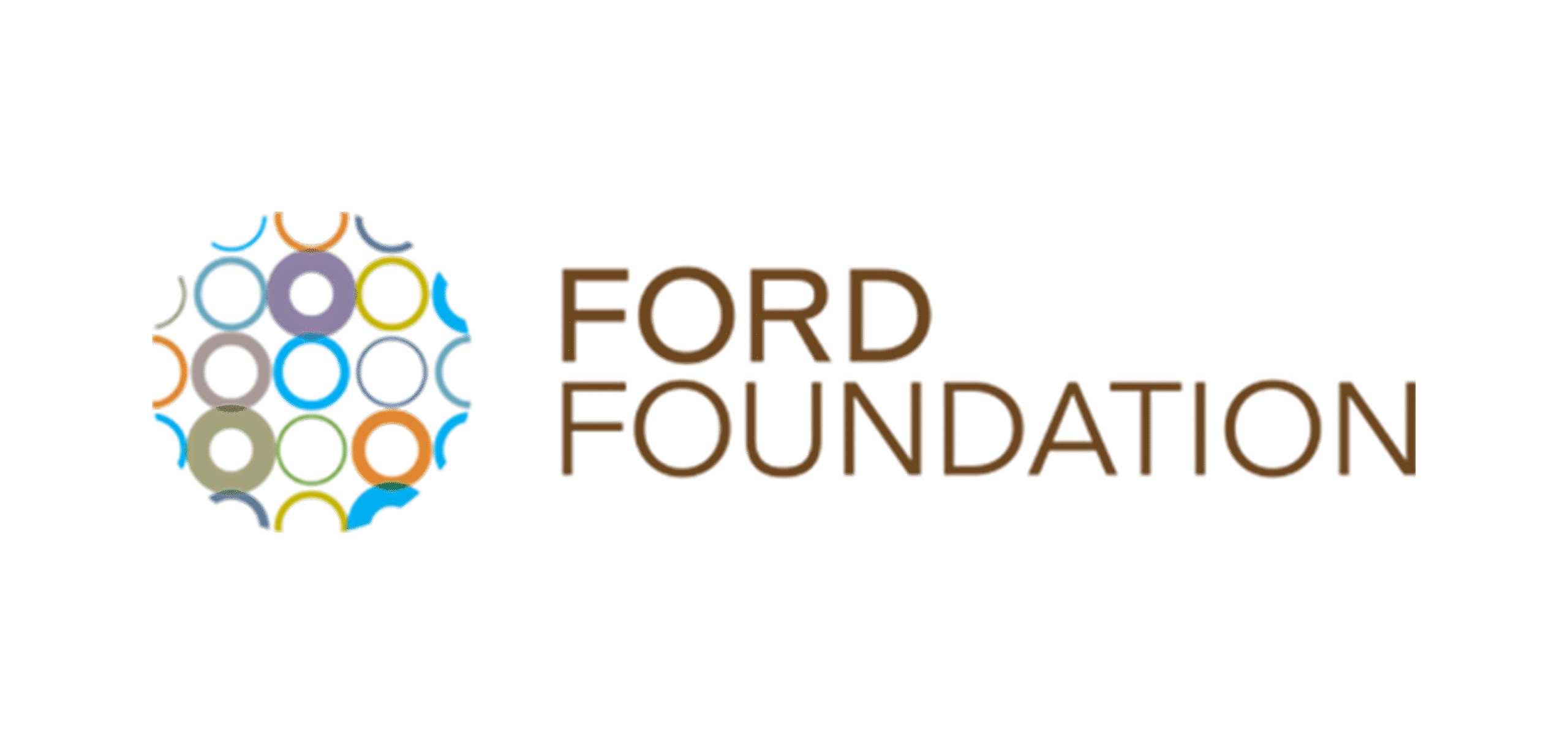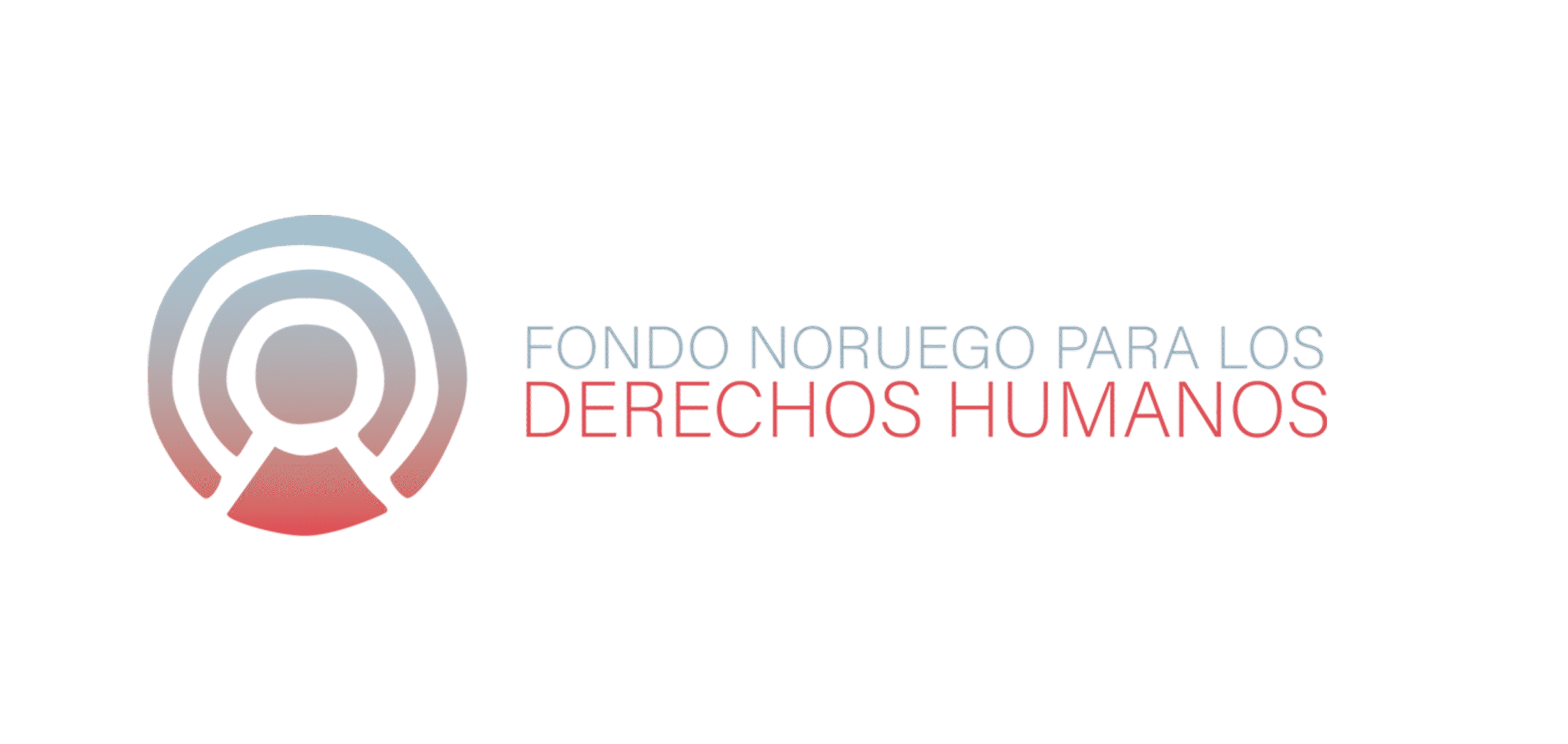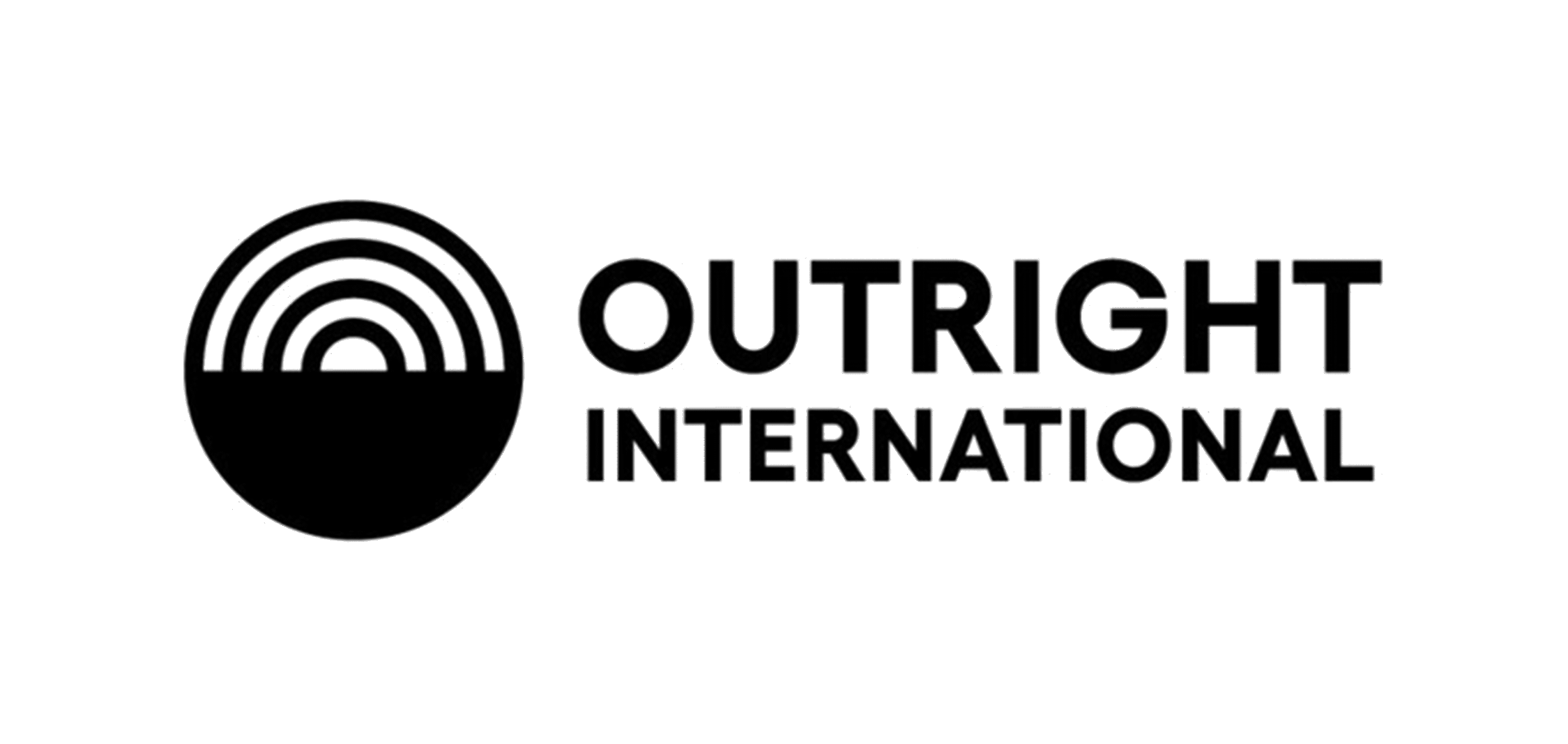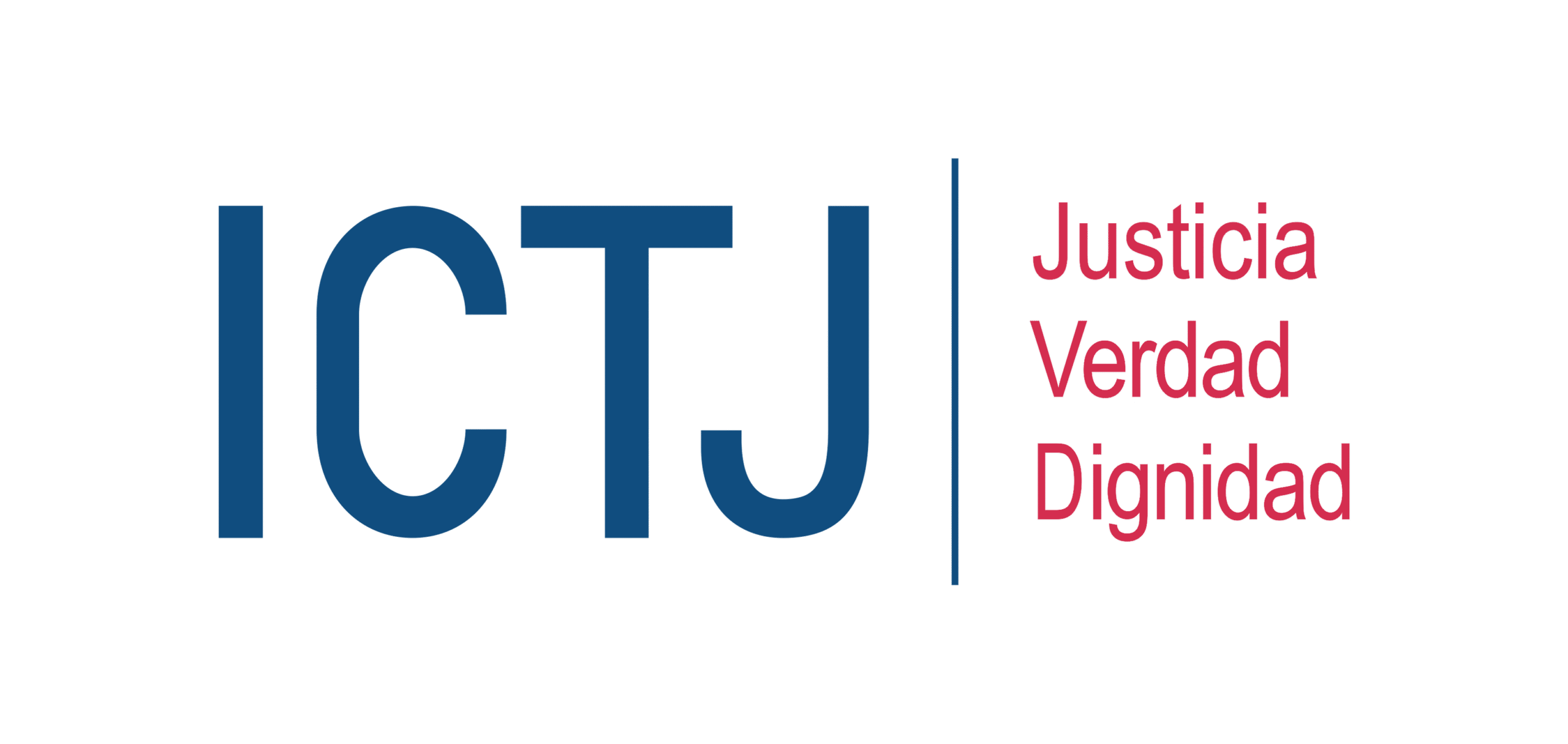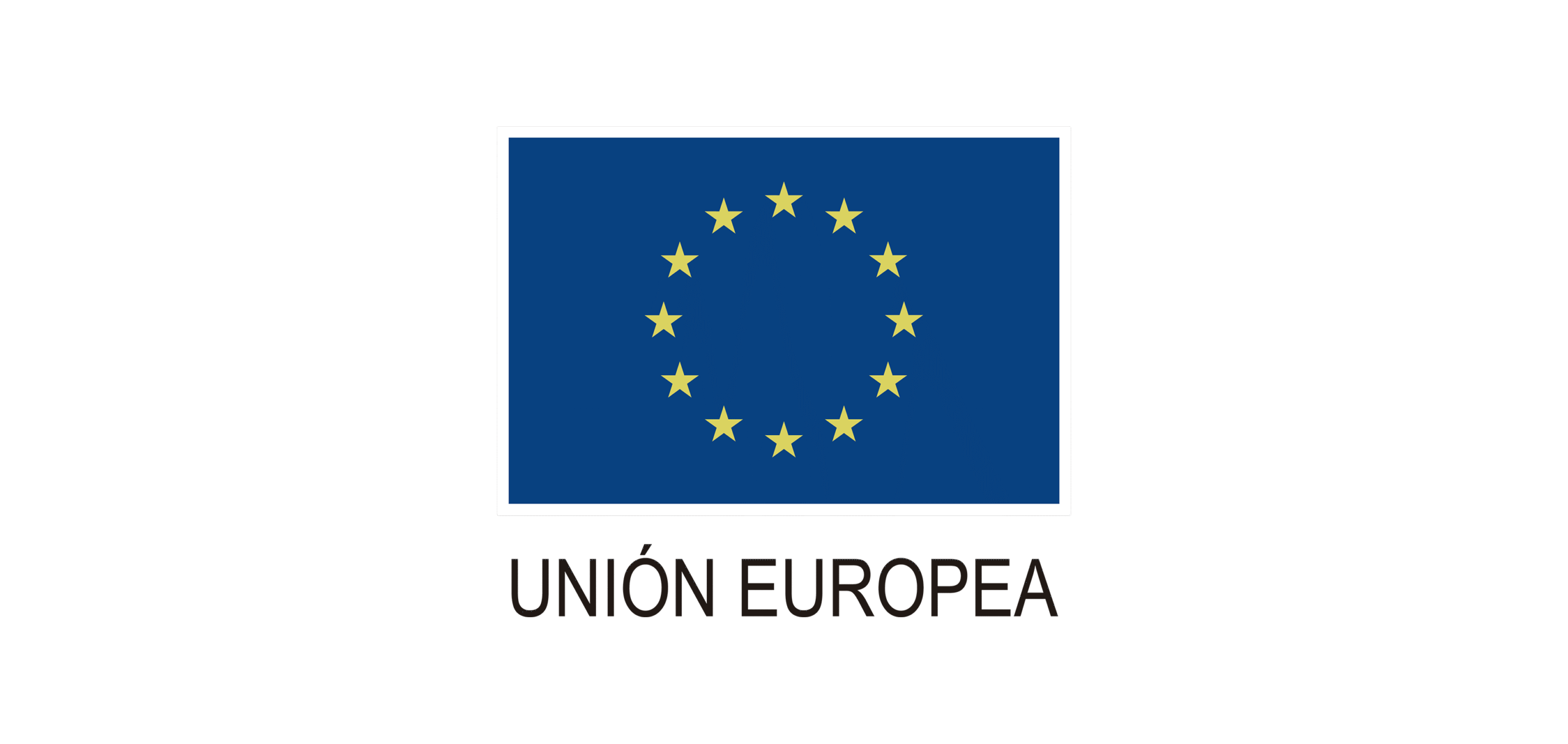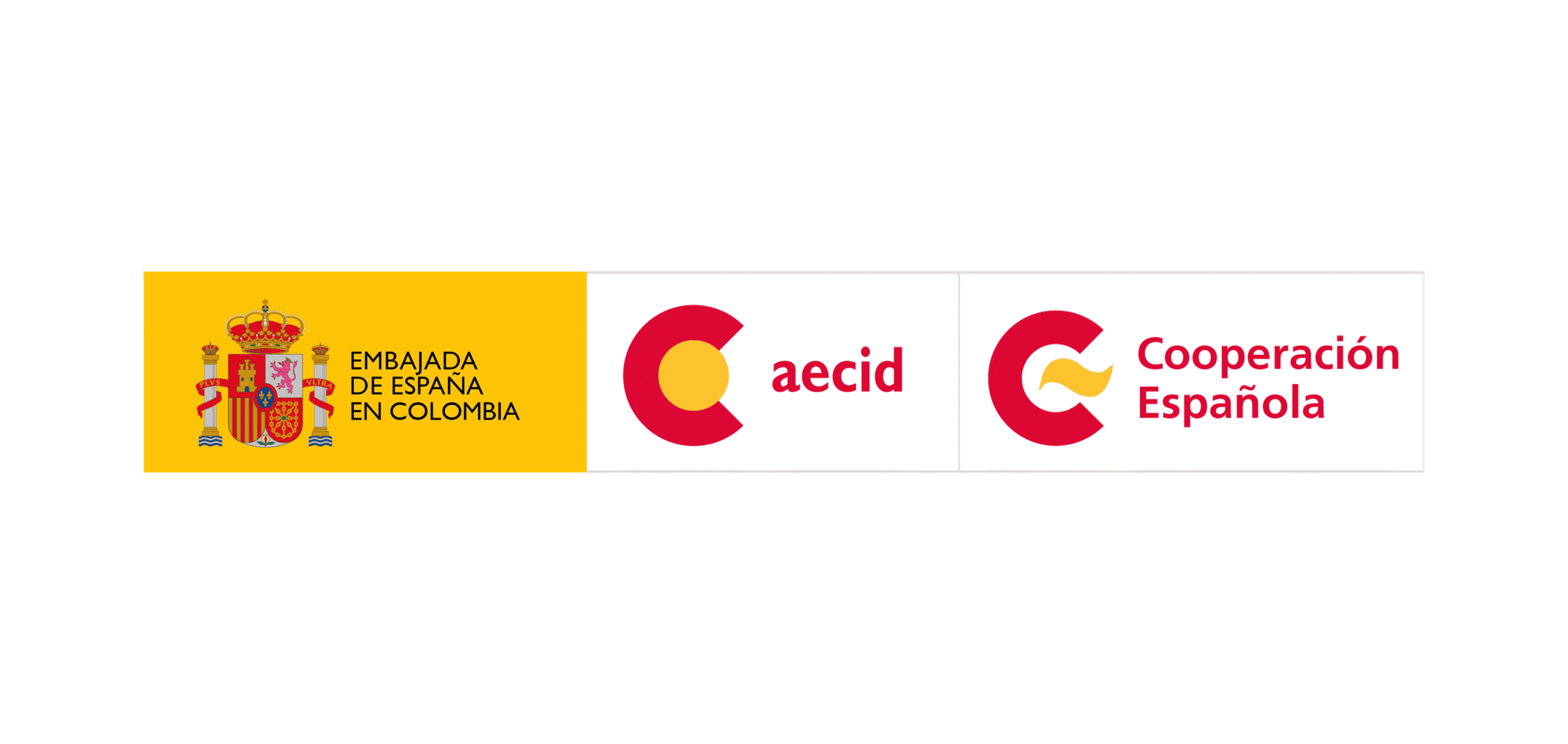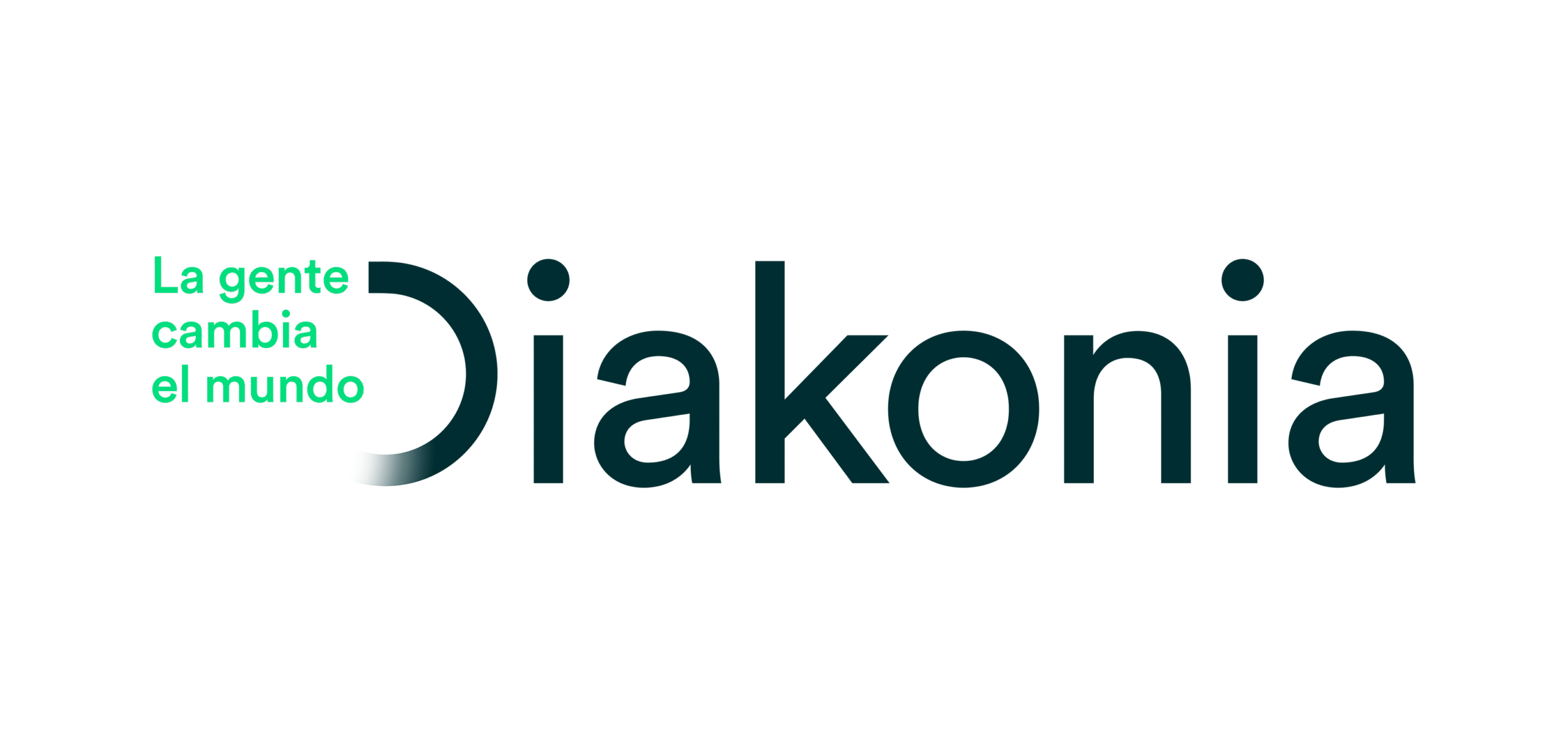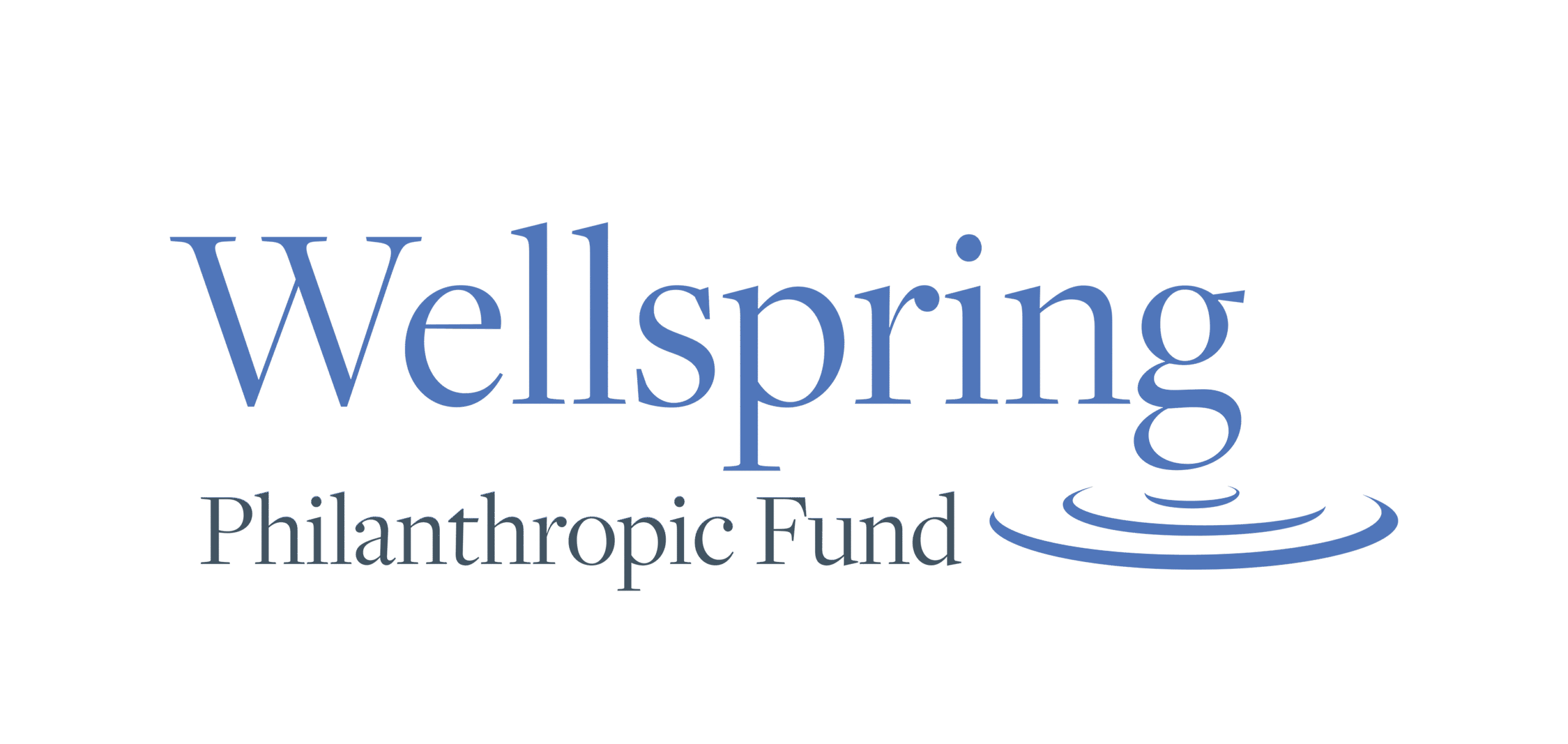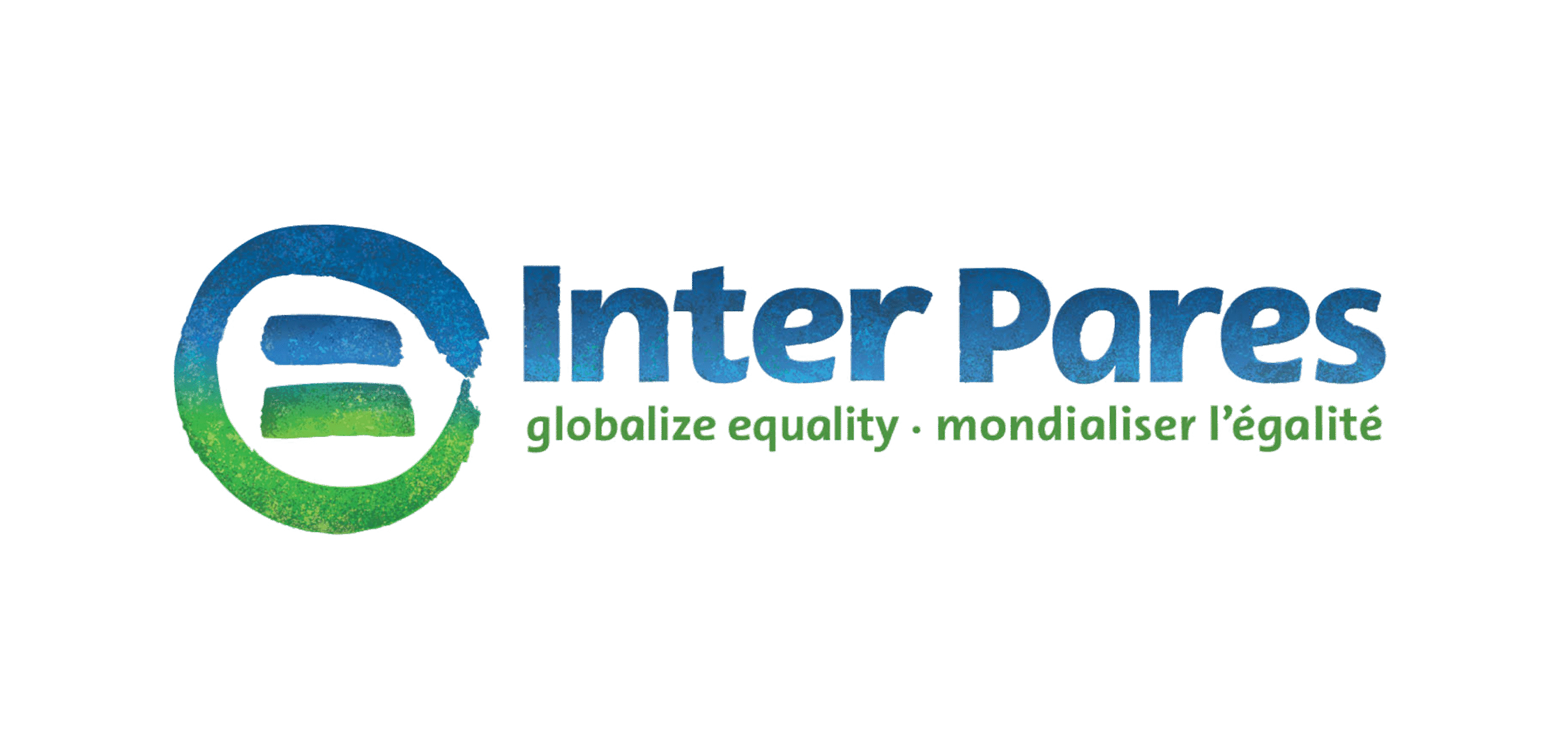Excellencies, Ambassador Thomas-Greenfield and colleagues, good afternoon,
Today I will show that gender and sexuality are at the heart of the Security Council's business, because peace must have space for all. I work at Colombia Diversa, the NGO that leads the social movement for LGBT people in Colombia. Thanks to our work, we know why it is important to think about LGBT people when countries and societies ask themselves about peace. The answer is simple: because a society that discriminates against people because of their gender or sexual orientation is not a peaceful society.
My intervention will be in two parts. I will start by explaining the main reasons why states should build peace by including LGBT people, and in the second part I will tell you what you can learn from the Colombian case.
First reason for LGBT-focused peace efforts: discrimination against LGBT people is useful for all armed actors to advance the war. The existence of a prior social discourse on who is worthy of dignity and who is not creates a pool of bodies available to be attacked. At Colombia Diversa we have documented that in order to ingratiate themselves with society and simultaneously frighten it, the armed actors deployed their violence against people considered "undesirable", who in many cases were LGBT people. Pachita, for example, was a trans woman who lovingly protected other LGBT people in her village, but when a new armed group arrived in that territory, they threatened her life and forced her to cut off all communication with other people. Two months later they killed her and left her body in the public space, and the order was given that no one was to go to her burial. In this way, the armed group ingratiated themselves with the community that rejected the family Pachita had created, and also made it clear that they can control the movement, life and even the memory of people who get in their way.
Second reason: the homophobic and transphobic discrimination that these armed actors use derives from the socially accepted idea of being man and be woman. This Council has led the creation of an agenda that recognises the importance of gender in peacebuilding. Attacking LGBT people is, in reality, punishing them for being "bad men" or "bad women" who have disobeyed social norms. I invite the Council to revisit the discussions and findings on the Women, Peace and Security agenda with this understanding.
Third reason: resolving the war is incomplete if issues of gender and sexuality are left out. At Colombia Diversa we have documented that all armed actors committed the crime against humanity of gender-based persecution against LGBT people, disproportionately affecting the victims. Today I want to highlight the collective harm of these acts. Every time an armed actor attacks an LGBT person it is sending a message to society as a whole: that these people are dispensable, that their citizenship is not important, that they will always be erased from the world. That message remains even when the armed actors have left and hostilities have stopped, and reinforces the habit of discrimination in everyday life, which impoverishes political discourse, damages peacebuilding efforts and true social reconciliation.
For the second part of my speech, I would like to give recommendations that come from the Colombian case, which has set the standard that other nations should follow: including a cross-cutting gender approach in peace agreements along with specific measures and institutions on the issue. This combination has allowed the recommendations of specialised groups to be heard and implemented, and to have complex and comprehensive conversations about gender and sexuality in war.
Our example should also be followed in the inclusion of LGBT people in peace negotiations. This was the result of demands from feminist and LGBT civil society organisations that had been working together for decades. Their direct involvement led to the explicit mention of a gender approach that includes LGBT people in the peace agreement and other instruments that develop and implement it. The Security Council can promote this practice with governments currently engaged in negotiated solutions to the conflict and continue to promote the implementation of this approach in Colombia.
On the other hand, countries that create transitional justice systems can learn from the Colombian case, something we did not do: create an institutional design that adequately responds to the perpetrators' revictimising silence about the violence committed against LGBT people and women. In Colombia, the transitional court has been interviewing top perpetrators for six years and incomprehensibly none of them have acknowledged the violence committed against LGBT people or women before this court (even when they did so in the Truth Commission).
Finally, specific investigation and reparation for violence against women and LGBT persons in the context of the armed conflict must be a reality, not just a promise. In Colombia we are still waiting for the formal opening of the 11th macro-case in the Special Jurisdiction for Peace, which will investigate all acts of gender-based violence committed in the framework of the armed conflict. This macro-case was announced in July 2022, but there has been no progress since that promise. These investigations are desirable and necessary, but they must materialise in a prioritised and effective manner, not just be promised. At this point I invite other countries to take up the idea of specific judicial investigations into acts of gender-based violence, but I call on the Colombian State, the Verification Mission and the Security Council to direct their efforts towards the effective opening of macro-case 11 and thus put an end to the long impunity and invisibilisation of our stories.
Excellencies, thank you for facilitating this conversation, which I hope will continue and produce concrete ways in which you can protect and care for LGBT people, such as explicitly asking about the effects of your decisions on LGBT people before you set them in stone. If we act in solidarity and effectively, we will change the way we count war and make peace. And LGBT people will be able to grow old knowing that we made history, that we made our pains and loves in the midst of war change the strategies of judging, repairing and preventing all armed conflicts in the world.
You can watch the full broadcast here: https://media.un.org/en/asset/k13/k133or09cy

